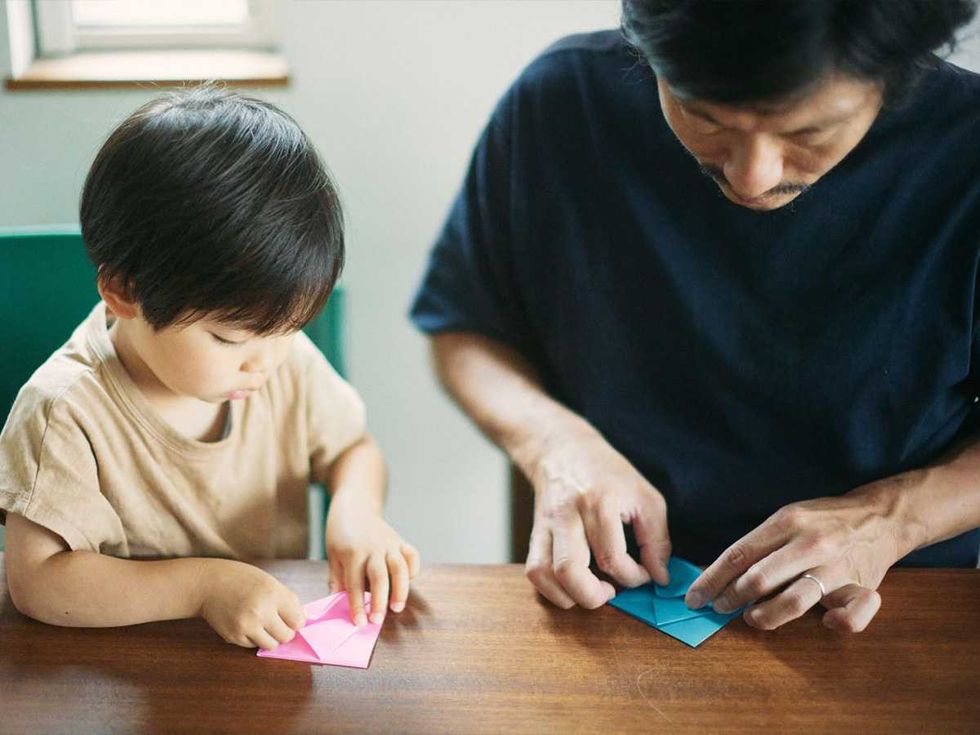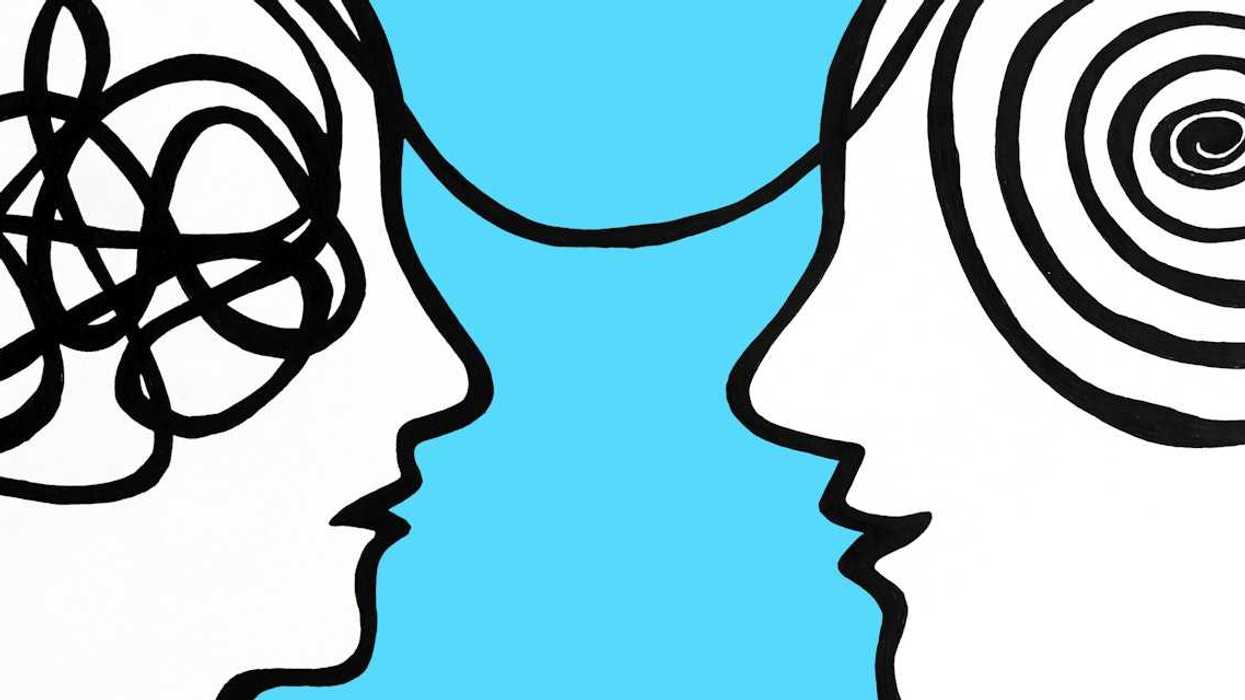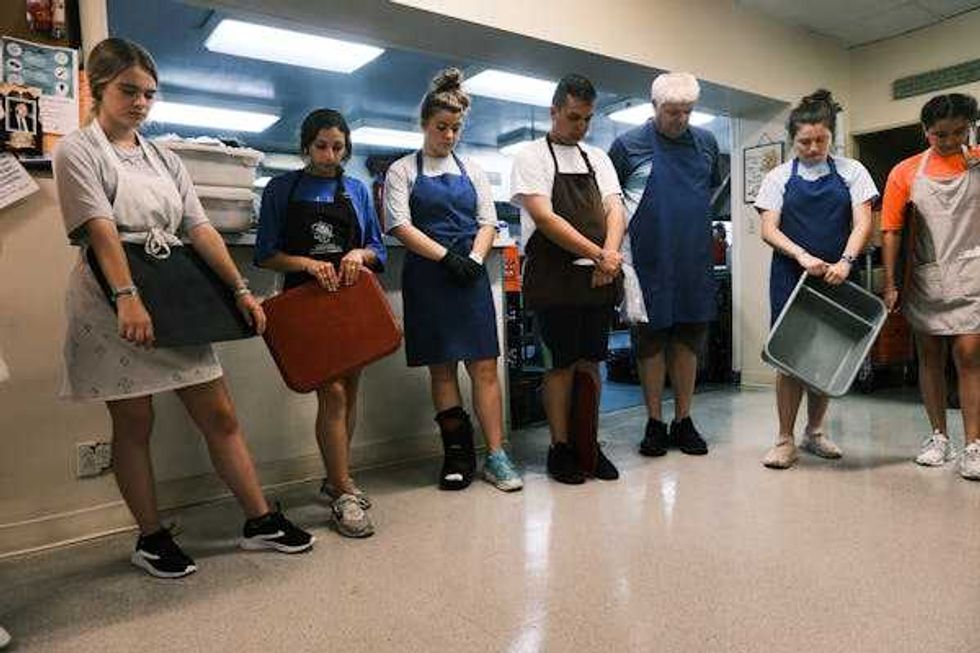Our brain loves repetitive patterns of easy, stimulating imagery and sound. The addictive nature is so strong that there's a term to describe it: doomscrolling. It's so easy to engage, and considerable research and investment have been made to encourage us to stare mindlessly at our phones. For some of us, it's a simple distraction. For others, its an addiction is robbing them of a big part of their lives.
Given that the average person spends over four hours a day staring at their phones, imagine what could happen if we used that time for something more positive and productive. Doomscrolling isn't just bad for our mental health, but it's a time thief that prevents us from engaging in activities that build us up.
What do you do instead of doomscrolling?
A new Reddit thread on r/simpleliving posed an interesting question: “What do you do instead of doom scrolling?’
Redditors started chiming in with helpful alternatives that have worked for them. These are seven thoughtful solutions related to stopping the highly addictive and unproductive distraction of digital entertainment. It's a compelling suggestion to consider what we could be doing instead of endlessly scrolling.
1. Check out a book from the public library

Because of easy access to the internet, many of us have forgotten about this incredible resource. Feeling inspired by the idea was MajorEntertainment65: "I read so much and am absolutely amazed by how few people read! The library is a free resource and depending on your library, they may have access to audiobooks and movies and tv shows, etc."
As great an adventure as a trip to the public library can be, not everyone has the time to be there. However, that doesn't have to define your ability to take advantage, said Brayongirl: "Do you have a book reader? With my library card, I can borrow books for my reader from home. Also, all libraries have a book chute. So you can go borrow a bunch of books on your day off and put them in the chute when you are done, even if the library is closed."
2. Master the art of folding paper

One of the amazing benefits of a practice like folding paper—origami—is it's an incredible stress reliever. A 2025 study published in the Journal of Pharmacy & BioAllied Sciences found origami therapy to be a simple and effective intervention for reducing anxiety among hospitalized children.
Feeling a bit swaggy about the whole thing was low-fish saying, "Learn to fold an origami crane by memory from any piece of paper."
3. Invest time into self-care

"Take a hot mindful shower followed up by a hot cup of chai with my favorite creamer," suggested Virtual-Magician2384. Finding time to cultivate love and kindness for ourselves is an important practice many of us fail to utilize.
A 2022 study in the Journal of Medical Internet Research found that self-care improved people's quality of life. Managing one's physical and mental health gives someone a feeling of control and overall well-being.
4. Get yourself in the kitchen
You can watch this video, with over 2 million views, which teaches you the basics of cooking.
- YouTube www.youtube.com
Suggesting some adventure in your own kitchen was Outrageous_Guess_794: "cook something nice, it doesn't have to be expensive, just cook something new."
A healthy and more affordable option, said RufousMorph, is to "Make your own foods rather than buying highly processed foods (technically this uses less money)."
5. Go for a walk
There are many health benefits to be gained from a simple walk. A 2023 study in Science Daily found that walking only 4,000 steps a day reduces the risk of death "from any cause." Seems like a simple and highly beneficial self-care action.
"Hiking is free.99, great for your mental and physical health, and you might see a cool bug, plant, mushroom or animal!" said Pokemon_and_Petrucci with some creative energy.
Getting in a little productive work on the house as a bonus was suggested by dogma202: "Move. Get outside and hike, do yard work."
6. Puzzles and mind games

Puzzles and games are healthy ways to stimulate brain activity. These are creative and cognitive skill builders. A 2022 study in the National Library of Medicine used puzzle-style games to reduce psychological stress, boost sustained attention, and significantly improve focus.
Activating the mind is a good thing, wrote kfbrewer:"Bonus points that puzzle games are good for the brain."
A game that requires two people was suggested by mick_au: "Chess!!"
7. Enjoy some childhood activities from your past
Finding a meditative and relaxed state of joy was Purple-Spray-709: "I’ve been really enjoying doing some cute colouring books with my special alcohol based markers. I tried the adult colouring trend before and never liked it but having a cute/cozy book with thicker lines and using the right markers I’ve really been really enjoying it as a simple pleasure"
A 2020 study in the National Library of Medicine found that structured coloring, like a mandala, lowered anxiety and showed noticeable mood improvement.

Engaging in more positive actions that break the cycle brings better moods and an overall happier life. Some other quick solutions for a reset: ride a bike, stretch, write a handwritten letter to a friend, call your parents, meditate, and send positive thoughts to someone you know who's experiencing a difficult moment.


















 Gif from 'The Good Place' of Eleanor giving a nervous thumbs up via
Gif from 'The Good Place' of Eleanor giving a nervous thumbs up via 

 A teacher works with first grade students at Rosita Elementary School in Santa Ana, Calif., on Feb. 12, 2026.
A teacher works with first grade students at Rosita Elementary School in Santa Ana, Calif., on Feb. 12, 2026.  Students and their teacher are seen in 1899 in a Washington, D.C., public school classroom.
Students and their teacher are seen in 1899 in a Washington, D.C., public school classroom. 
 A coupe on a romantic dateCanva
A coupe on a romantic dateCanva
 A woman swims in the oceanCanva
A woman swims in the oceanCanva A happy-looking dolphin popping out of the waterCanva
A happy-looking dolphin popping out of the waterCanva
 When mayors come together, they often find they face common problems in their cities. Gathered here, from left, are Jerry Dyer of Fresno, Calif., John Ewing Jr. of Omaha, Neb., and David Holt of Oklahoma City.
When mayors come together, they often find they face common problems in their cities. Gathered here, from left, are Jerry Dyer of Fresno, Calif., John Ewing Jr. of Omaha, Neb., and David Holt of Oklahoma City. Mayors can find themselves caught up in national debates, as did Minneapolis Mayor Jacob Frey over the Trump administration’s immigration enforcement policies in his city.
Mayors can find themselves caught up in national debates, as did Minneapolis Mayor Jacob Frey over the Trump administration’s immigration enforcement policies in his city.

 Volunteers at the St. Francis Inn pray together before serving a meal on July 19, 2021.
Volunteers at the St. Francis Inn pray together before serving a meal on July 19, 2021. Police close down a section of Kensington Avenue to clear a homeless encampment on May 8, 2024.
Police close down a section of Kensington Avenue to clear a homeless encampment on May 8, 2024.